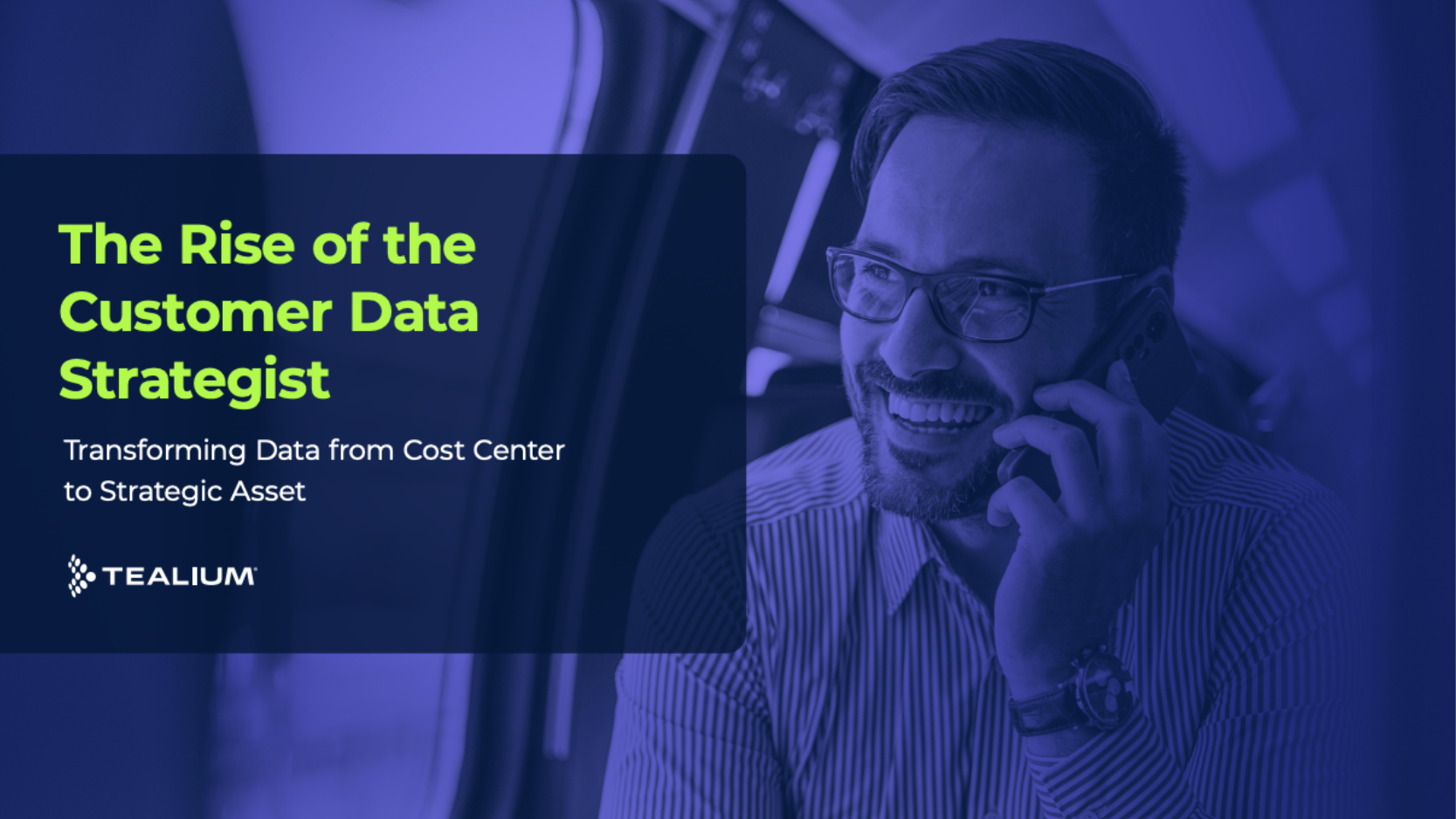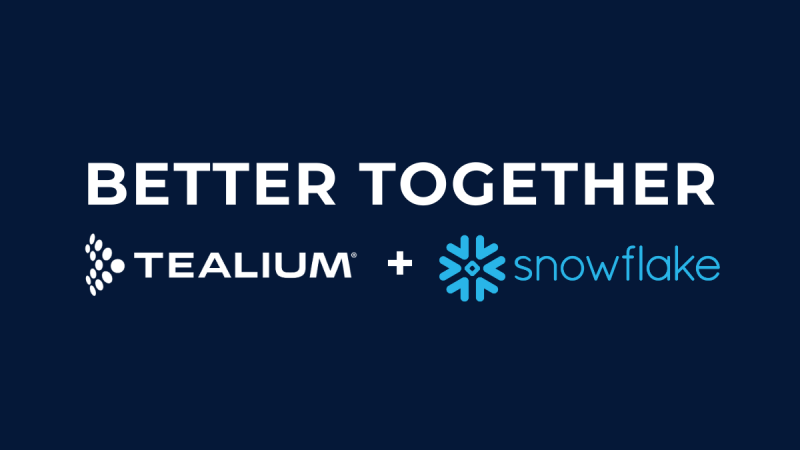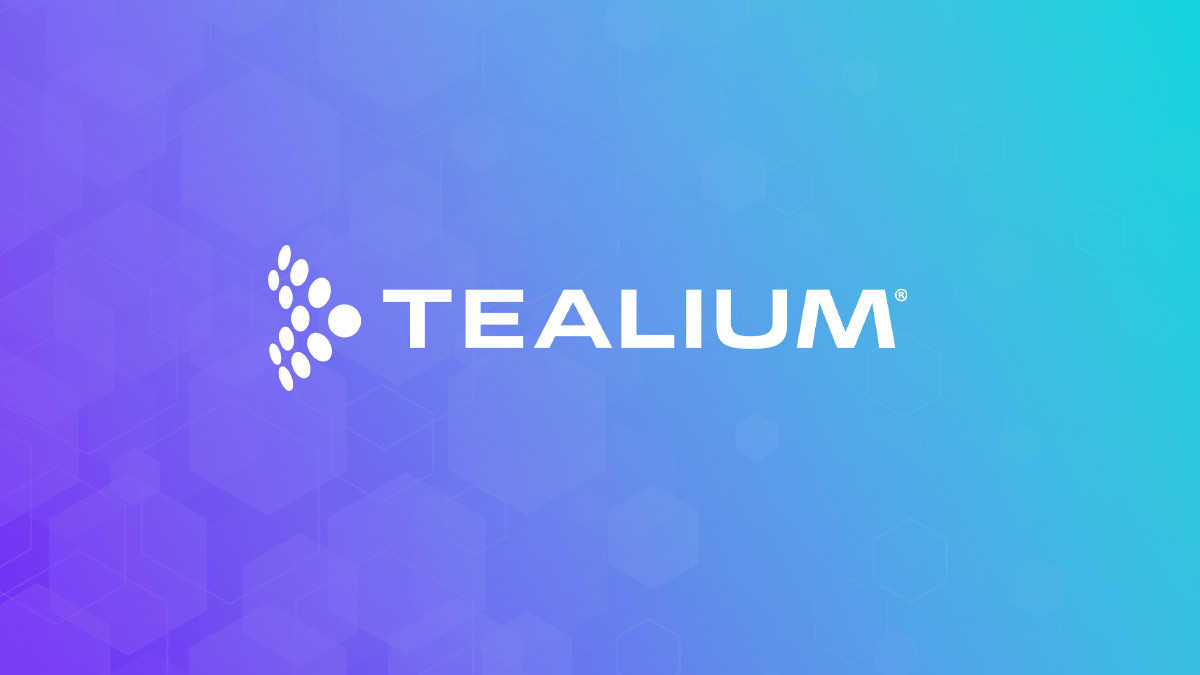An increasing number of Healthcare Professionals (HCPs) refuse to see sales reps. The pandemic has accelerated this trend. How do we engage these HCPs?
No-See doctors. No-Call doctors. Hard-to-see doctors. They all mean one thing. Certain HCPs are simply unwilling to take sales calls from Pharma and MedTech sales reps, whether face-to-face or through video conferencing. You may think it is a recent, post-pandemic phenomenon. It is not. This trend was noticeable in the mid 2010’s.
According to a study conducted in 2017, around 40% of physicians refused to see sales reps. The pandemic has certainly exacerbated this trend. A recent study from Indegene concludes that a high percentage of HCPs prefer to meet with sales reps just once a month. Even so, many of these meetings are virtual.
While lockdowns and social distancing were contributing factors at the beginning of the pandemic, time constraints seem to be the main reason as to why HCPs don’t see sales reps.
The Information Challenge
HCPs traditionally relied on sales reps to act as consultants. Sales reps played a crucial role in informing clinicians about pharma brands’ clinical benefits, dosage, side effects, potential interactions, etc. With so many HCPs refusing to meet with sales reps, where are these HCPs getting the information they seek?
They get it from various digital channels. Endemic research sites, Pharma brand sites, online journals, continuing education sites, content hubs, etc. have all seen a huge increase in traffic these past few years.
However, as much as HCPs are engaging with pharma brands directly or indirectly on these channels, the information they access is often incomplete or irrelevant. For example, an HCP who is looking for information on side effects associated with a product may, instead, be presented with dosage information. An HCP is looking for drug interaction information, but may be presented with dosage information instead. Finally, an HCP may come across treatment options that don’t offer the same clinical benefits as your brand.
How to Overcome the Challenge
To overcome this challenge, the first thing to do is to have a privacy-centric data collection strategy that captures HCP research behavior at the moment it occurs. This captured behavior can be used to create and enrich a profile of each HCP. This unified profile includes research insights from various digital channels such as third party research sites, owned brand sites, etc.
The unified profile must be activated across digital channels. By making research insights available to various digital channels, pharma companies can meet the HCPs digitally even if not physically. Companies should activate these insights on physical channels such as CRM systems as well, since sales calls with HCPs, however rare, can be made more effective due to the insights available to sales reps.
Due to this activation, digital channels can serve relevant, targeted content that takes into account HCPs’ interests. HCPs interested in dosage will get accurate dosage information. HCPs can be made aware of how your pharma product offers significant clinical benefits compared to existing treatments, and so on.
While this all sounds wonderful, how can HCP’s research behavior be collected and made available across digital channels? For our customers, the answer is Tealium for Pharma. Tealium for Pharma offers a privacy-centric data foundation. It combines niche integrations that enable pharma companies to collect HCP research behavior data across 1000s of research sites as well as first-party owned sites. The unified HCP profiles thus created can be activated, in real-time, across digital and physical channels to create personalized experiences for HCPs.
Let’s take a closer look at two of these digital channels:
Point of Care (POC)
HCPs spend hours each day on POC technologies, whether it is in the exam room, using E-Prescribing software, or in some other fashion. Companies are already delivering brand messages within POC technologies. When personalization is added to this messaging, the campaign has a higher chance of success as it addresses the HCP’s concerns and needs, rather than being generic and intrusive.
HCP Education
HCPs have increasingly turned to self-education over the past decade. There are numerous resources such as online medical journals, content hubs, virtual conferences, webinars, etc. geared toward continuing education of HCPs. Pharma companies would be remiss if they didn’t take advantage of these channels to serve helpful messaging about their brands.
Once again, the power of personalization is very useful here. By serving relevant content in a timely fashion on these channels, HCPs can be educated about life-saving pharma products and how to administer them.
Conclusion
While the number of no-see doctors is higher than ever before, the fact remains that these HCPs are getting information on pharma brands from a variety of digital channels and sources. By implementing a privacy-centric data collection strategy, HCP research behavior can be used to build unified HCP profiles with trusted data. These profiles can then be activated across digital channels for personalized engagement. There is also value in making these profiles available to physical channels, in case sales reps are able to meet with HCPs.
Using Tealium for Pharma’s niche integrations, pharma companies can achieve both data collection and activation that enables companies to engage no-see doctors, and deliver personalized content that they find engaging!
Point of Care and HCP Education are two specific channels that pharma companies should be taking advantage of in order to create brand awareness and improve patient health outcomes.
About Tealium
Tealium is the #1 most trusted Customer Data Platform. We connect data so you can connect with your customers.
Tealium connects customer data across the entire omnichannel journey so businesses can better connect with their customers. Tealium’s turnkey integration ecosystem supports more than 1,300 built-in connections, empowering brands to create a complete, real-time customer data infrastructure.
To learn more about Tealium for Pharma, click here.







